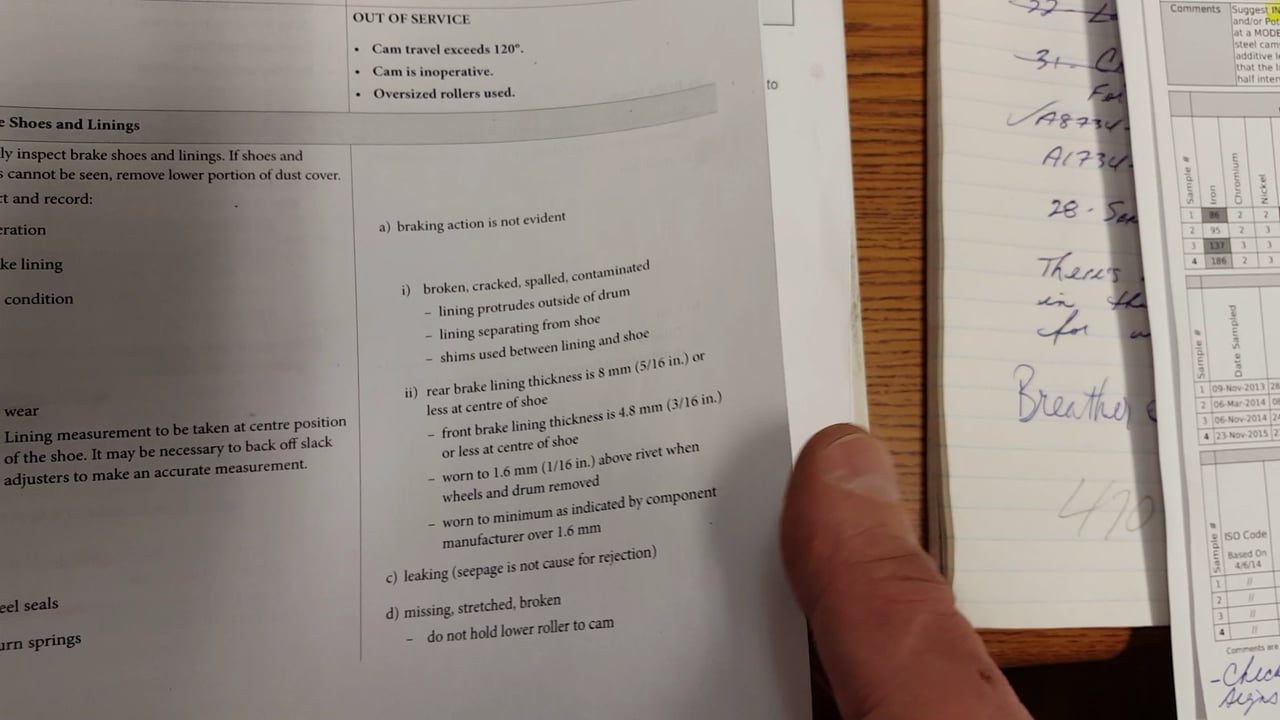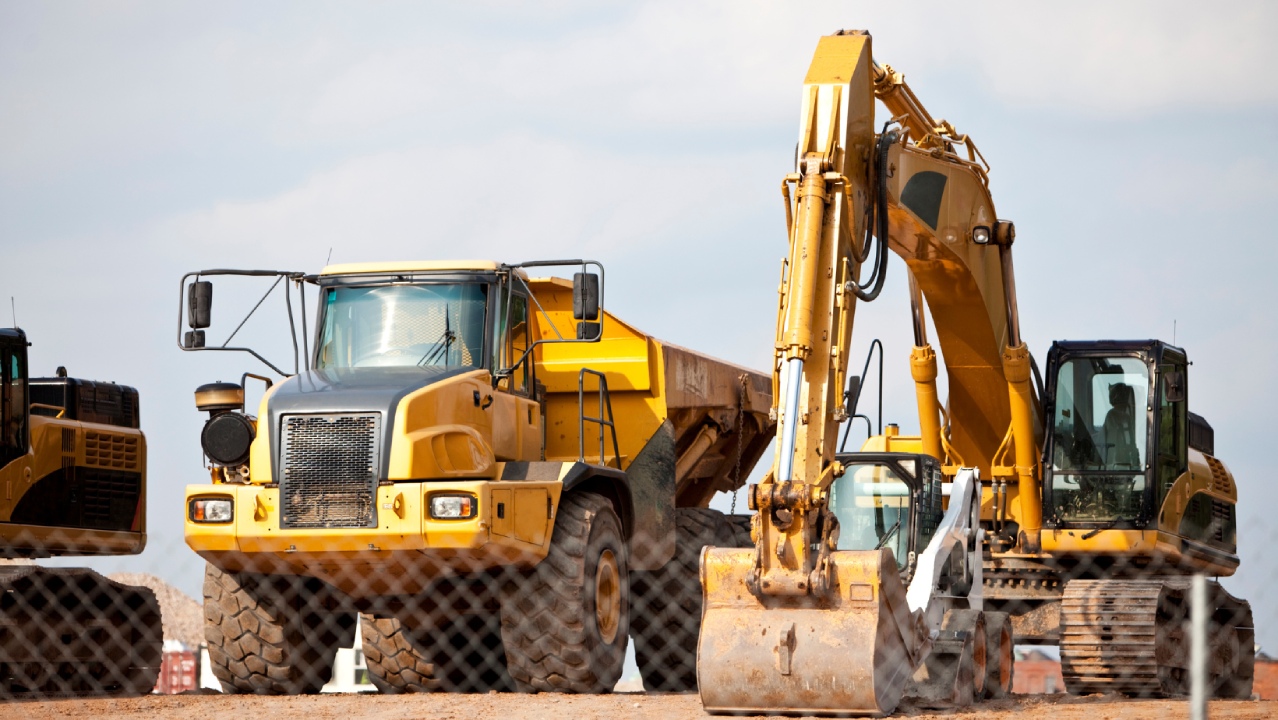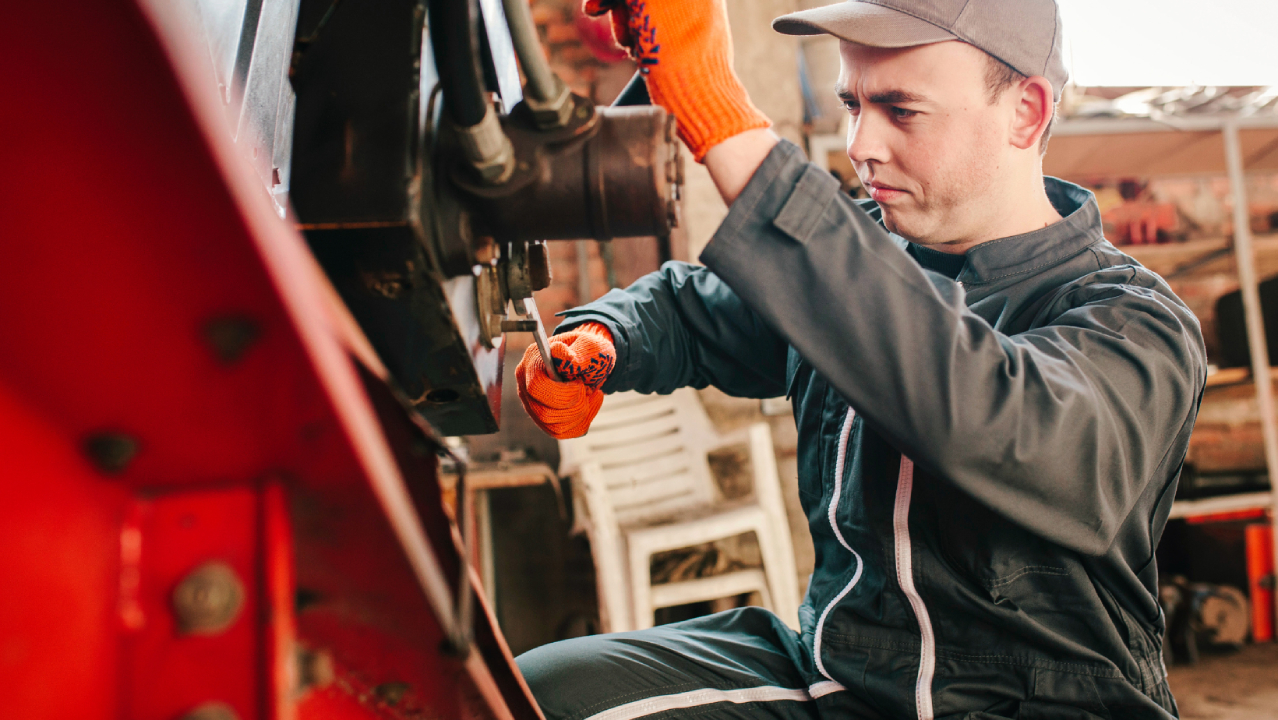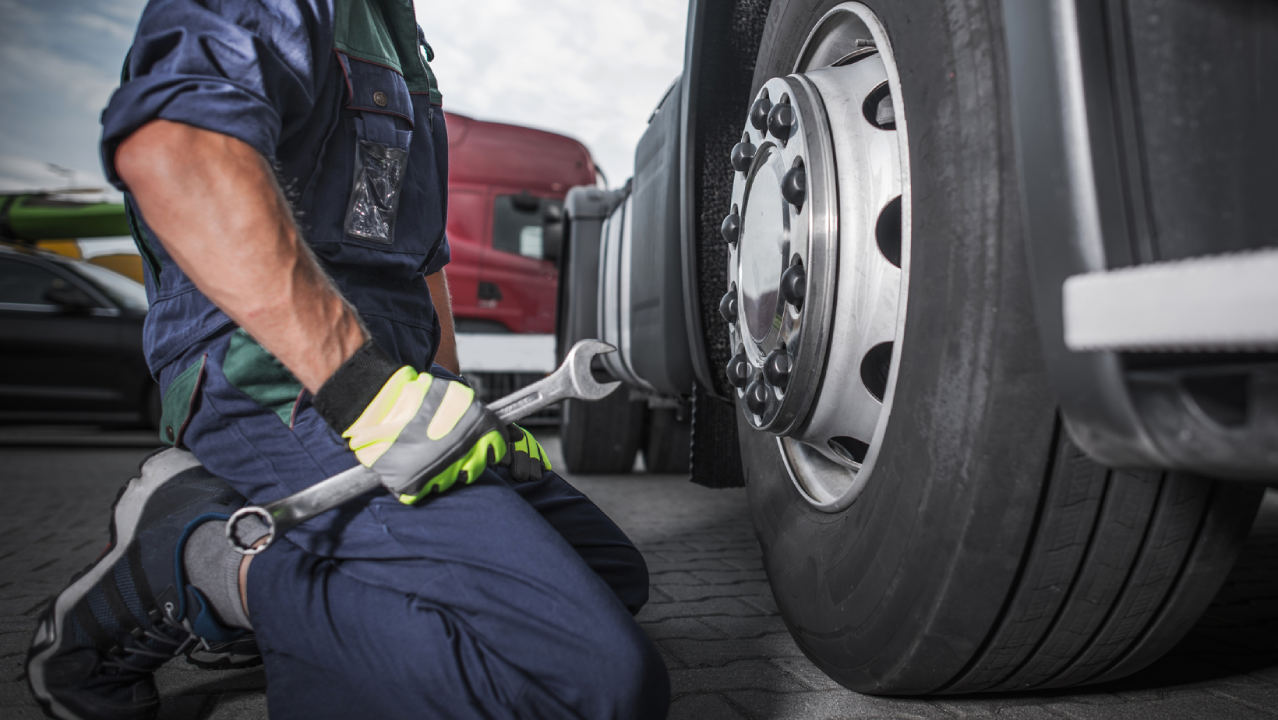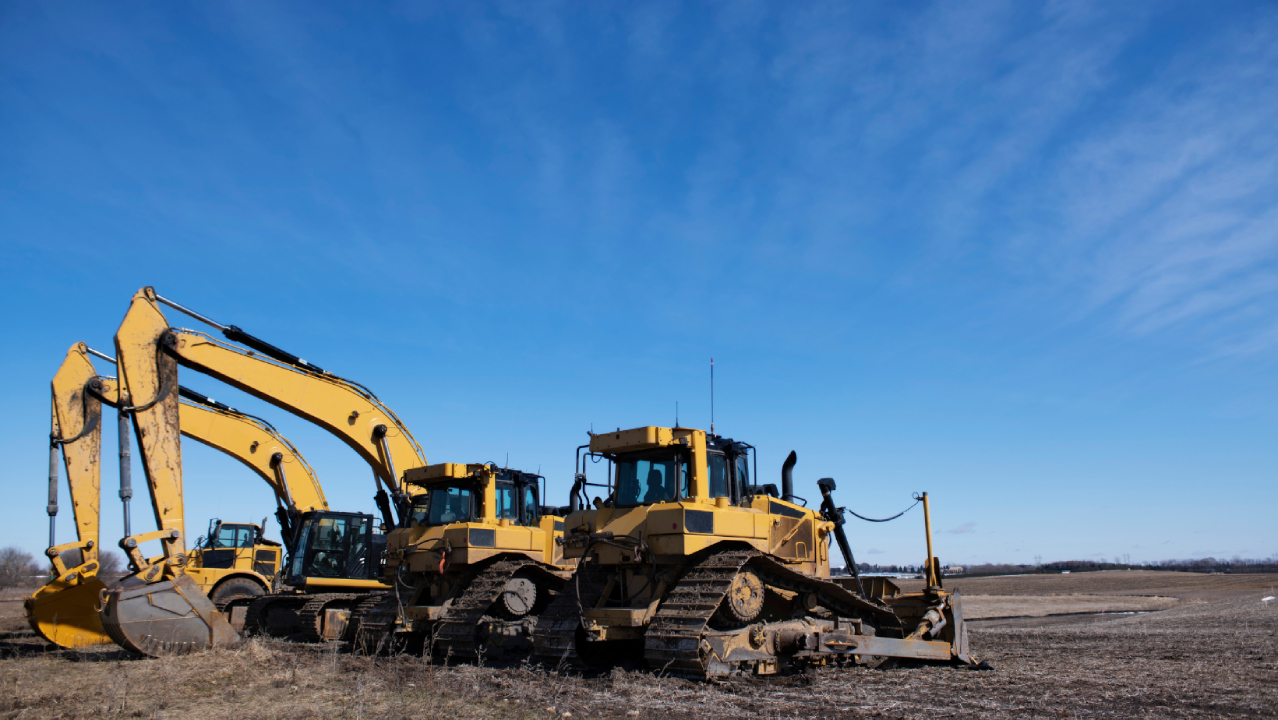CVSE (commercial vehicle safety and enforcement) officers have a serious job. They inspect commercial and fleet vehicles to government standards so there isn’t any junk driving up and down our highways. I’ve see a lot of mickey mouse repairs and scratch my head in disbelief. Why risk death to yourself or innocent people over a few bucks it takes to do a repair correctly what ever it may be.
I will never forget the inspection I did on a private construction company water truck that was mostly on site and didn’t do much highway driving. The tie rod had failed at some point and instead of replacing it they made one out of square tubing welded to the tie rod ends. The tie rod if you don’t know the lingo connects to the left and right wheel steering arms. The level of importance of this part between 1 (don’t need it) and 10 (extremely important) is an 11.
This vehicle failed miserably and was out of service until the tie rod and many other failures were repaired. It’s sad to see this happening in Canada when you would expect this type of thing in a third world country. It’s either not knowing the proper ways to repair a mechanical defect or not having the funds to do so.
The CVSE inspectors I deal with do not accept excuses like I didn’t have time or I thought there wasn’t a real problem with the steering. This is where the motor inspection manual comes in. The rejection and out of service criteria is very clear on what is acceptable on a commercial vehicle. Learning and witnessing from experience it does not do you any good to question a CVSE officer.
They know their regulations very well and we take their inspection report and just get the defects completed with no questions asked. Life as a fleet operator is much easier when a good relationship is established with the inspector and they trust you and know the defects will get repaired properly. We’re transporting children so that alone is a tremendous responsibility along with keeping up with new technology and doing the job properly.
The brakes, steering, tires and suspension are the most important areas for obvious reasons. Take air brakes for example: Our brake linings and drums are replaced well before they reach the minimum. Auto slacks are replaced on every brake job. Air leaks are not acceptable simply because every pound per square inch of air volume lost means a drop in brake stopping efficiency. That’s the only way to operate for a school bus fleet maintenance facility.
